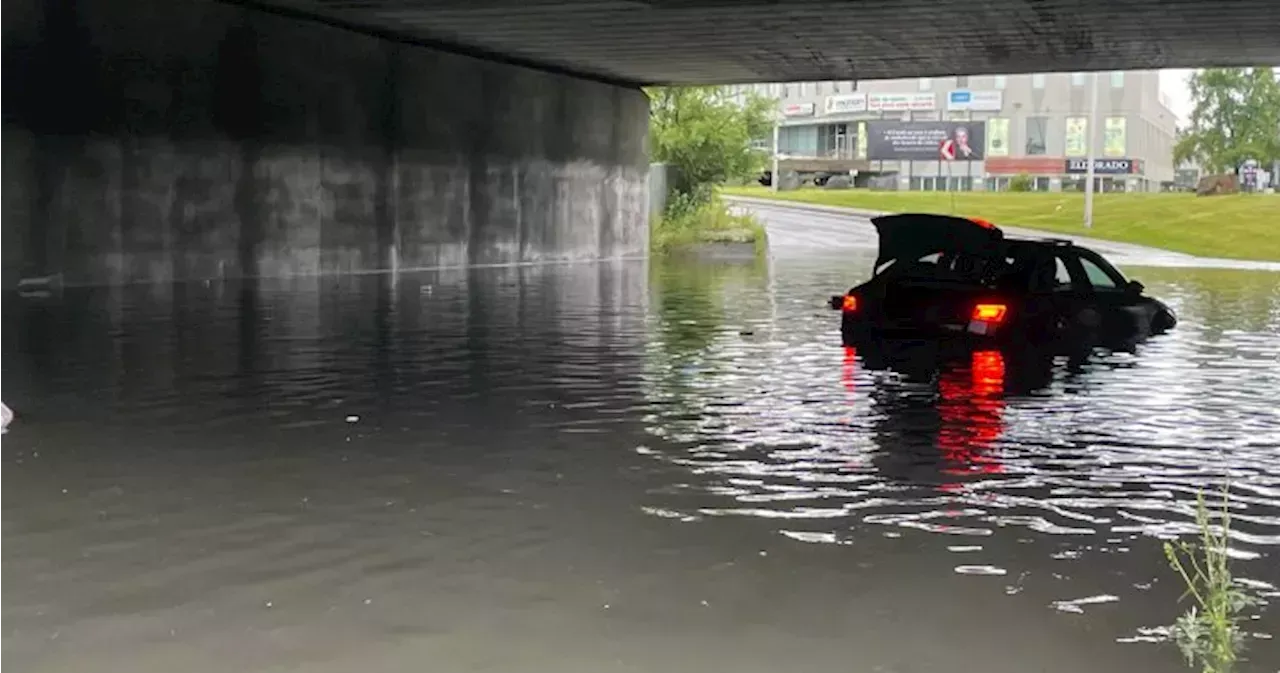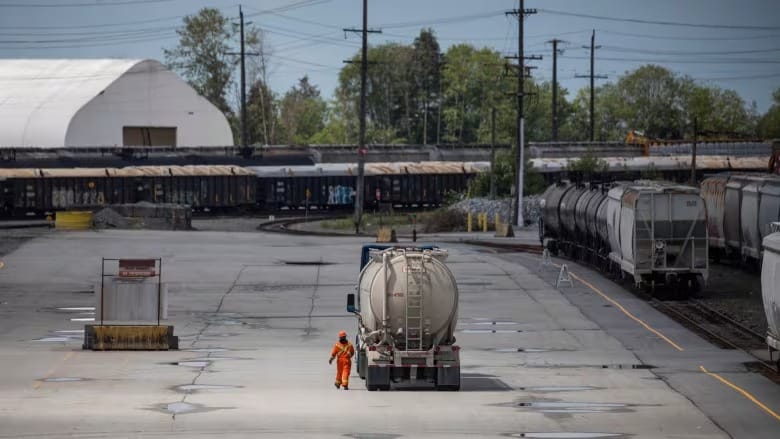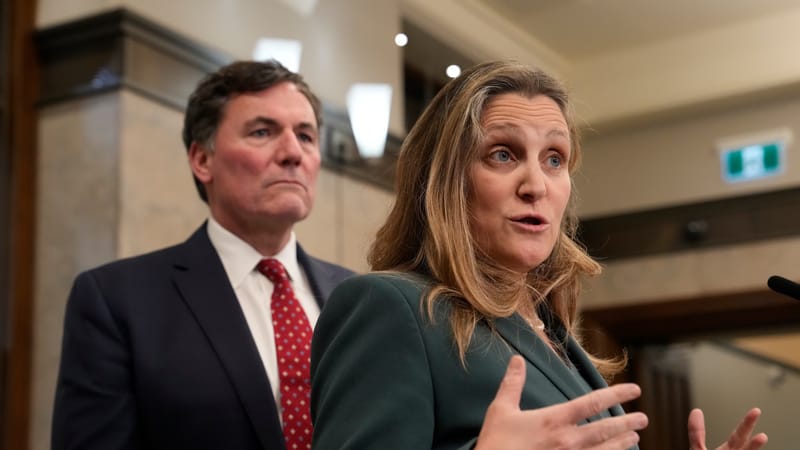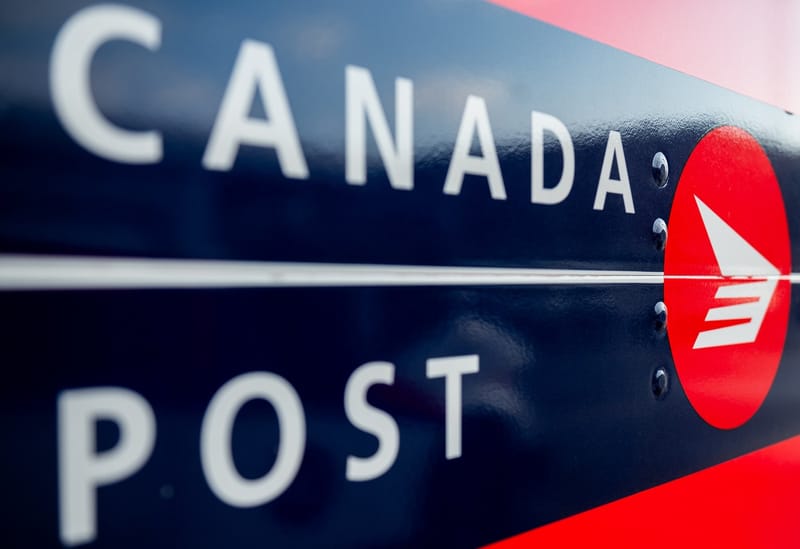Debby downpour: Quebec falling short on promised flood relief, mayors say
"This was an exceptional event that generated a risk that we were not accustomed to seeing," Milot said. "It’s understandable that citizens did not have flood coverage, but the consequences for them are severe."

A group of mayors from the Montreal region has expressed disappointment with the Quebec government's response to their calls for increased financial aid for victims of the torrential rains that hit the province earlier this month.
Following heavy flooding caused by the remnants of tropical storm Debby on August 9 and 10, Quebec Premier François Legault indicated last week that the province would consider expanding its disaster financial assistance program. During a visit to the severely affected community of Louiseville on August 16, Legault suggested the program might temporarily cover sewer backups, which were previously excluded because they are typically covered by private insurance. The government program had only provided compensation for water damage resulting from overland flooding.
However, in a radio interview earlier this week, Public Security Minister François Bonnardel clarified that only homes where flooding had "mixed causes"—such as when the overflow of a river or waterway led to a sewer backup—would be eligible for assistance. "We’re not going to replace private insurers," he stated.
The Communauté métropolitaine de Montréal (CMM), representing 82 municipalities, argues that the program remains largely unchanged if sewer backups far from waterways are not included.
As of Friday afternoon, the government’s disaster relief website advises those affected by the August 9 and 10 rains to apply for financial aid even if they are unsure of their eligibility. However, it also specifies that homeowners are only eligible for assistance for sewer backups "if a nearby waterway overflowed."
The Canadian Press obtained a screenshot of a message from the Public Security Department to municipalities, stating that if flooding was caused by a sewer backup or water infiltration without a nearby waterway overflowing, the disaster would not be covered by the program.
The CMM is dissatisfied with the government's stance. Earlier this week, the organization urged the province to adapt its program to the realities of climate change. In a press release, the CMM called for government aid to cover sewer backups caused by "urban runoff" during heavy rain events.
“There has always been urban runoff, but we have to acknowledge that the context of climate change will make these events more frequent and potentially more intense,” said Nicolas Milot, interim director of ecological transition and innovation at the CMM.
Milot emphasized that flooding is no longer confined to areas near waterways and can occur almost anywhere. He noted that the government program was initially designed to complement private insurance, which often doesn’t cover overland flooding. While the program filled a gap, Milot cautioned that many insurance policies may not fully cover the damage caused by sewer backups during extreme weather events like tropical storm Debby.
Milot also pointed out that many of those affected by this month’s flooding had never experienced such events before and may not have been adequately insured. "This was an exceptional event that generated a risk that we were not accustomed to seeing," Milot said. "It’s understandable that citizens did not have flood coverage, but the consequences for them are severe."
A spokesperson for the Public Security Department mentioned that any expansion of the aid program would involve "analyzing each individual case to determine the reasons for the overflow and whether the case is eligible."
Jean Savard, assistant deputy minister of public security, also sent a letter to municipalities, reminding them that the disaster assistance program "does not replace individual insurance policies."





